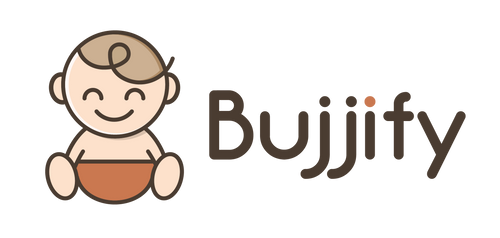
Music is a universal language that captivates and engages people of all ages. For babies, it opens a world of joyful exploration. The enchanting melodies, rhythmic beats, and harmonious tunes have a profound impact on our little ones, fostering their cognitive, emotional, and social development. In this blog post, we will explore the benefits music offers and how specific musical instruments, such as egg shakers, tambourines, maracas, etc., can stimulate their senses and create a harmonious environment filled with joy and learning.
Stimulating Sensory Development:
Music has a remarkable impact on sensory development in babies. The rhythmic patterns, varying tones, and tempos engage their auditory senses, helping them distinguish different sounds and develop a sense of rhythm. Instruments like egg shakers provide a hands-on experience, allowing babies to explore the sensory aspects of music through touch, sound, and movement. The gentle rattling sound and the feel of the shaker in their hands enhance their fine motor skills and sensory awareness.
Cognitive and Language Development:
The power of music extends beyond sensory stimulation. Studies have shown that exposure to music promotes cognitive development in babies. The rhythmic patterns and repetitive melodies support pattern recognition and memory skills. As babies listen to music, their brains are engaged in processing and interpreting the auditory information, stimulating neural connections and promoting language development. Singing nursery rhymes and using instruments like tambourines, with their rhythmic beats, can aid in language acquisition and phonological awareness.
Emotional Well-being and Bonding:
Music has the ability to evoke emotions and create a sense of comfort and security for babies. Lullabies and soothing melodies have a calming effect, helping babies relax and settle. Playing instruments like maracas or gently tapping castanets can provide a sense of joy and excitement. Music also facilitates emotional bonding between parents and babies. Singing together, dancing, and creating musical moments foster a deep connection and strengthen the parent-child relationship.

Here are some of the Parent-led Musical Activities:
- Singing Together: Singing is a wonderful way to introduce music to your baby. Sing lullabies, nursery rhymes, and simple songs with repetitive melodies. Use actions and gentle movements to engage your baby's attention and encourage their participation.
- Dance and Movement: Hold your baby and sway, bounce, or gently dance to the rhythm of the music. This activity promotes body awareness and coordination and strengthens the parent-child bond through physical interaction.
- Musical Storytime: Combine music with storytelling by incorporating songs and rhythmic chants into storytime. Use musical instruments like tambourines or egg shakers to enhance the storytelling experience and make it interactive.
- Call and Response: Engage in call and response activities with your baby. Make simple vocalizations or play short musical phrases on an instrument, and encourage your baby to respond with their own sounds or movements. This activity encourages active listening and early communication skills.
- Sensory Play with Instruments: Introduce your baby to different musical instruments. Let them explore the textures, sounds, and movements of instruments like maracas or castanets. Guide their hand movements and help them create sounds, fostering their sensory awareness and motor skills.
- Music and Bath Time: Turn bath time into a musical experience by incorporating songs and rhymes. Sing songs related to water, use floating toys to create rhythms, and explore different sounds by tapping on bath toys or the water itself.
Remember, these activities are meant to be fun and interactive. They provide opportunities for bonding, stimulate your baby's senses, and promote their cognitive and physical development.
Music is a powerful tool that can positively impact your baby's development and create cherished memories. Incorporating musical instruments into your baby's playtime and daily routine can bring a symphony of benefits. Create a musical environment that fosters their creativity and love for music.
Research References:
- The effects of music therapy on preterm infants in the neonatal intensive care unit: A systematic review and meta-analysis of randomized controlled trials. Link to article
- Relating Language and Music Skills in Young Children: A First Approach to Systemize and Compare Distinct Competencies on Different Levels Link to article
